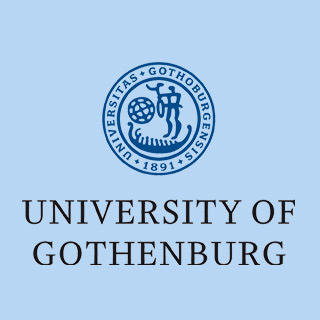
With several kinds of cancer, the development and spread of tumors appears to be stimulated by Ras and Rho proteins. For these proteins to work, they have to be altered by the personally associated enzymes FT and GGT. A lot of pharmaceutical companies have then crafted substances that decrease the activity of these two enzymes with the aim of inhibiting the function of Ras and Rho proteins and so decelerating the growth of the disease.
Nevertheless, treatment with several substances to obstruct these two enzymes has frequently been non-specific, and their efficiency seems to have fluctuated extensively. This has supposedly made it hard for study authors to evaluate the accurate potential of these enzymes as targets for medicines.
Expert Anna-Karin Sjögren, who led the study together with Meng Liu, both from the Department of Clinical and Molecular, commented, “We therefore developed genetic strategies in mice, known as transgenic mice, to switch off the genes coding for FT and GGT, enabling us to investigate whether a complete blockade of FT or GGT can inhibit the development of lung cancer, and whether this has side-effects in the lungs.â€
In their study, the experts utilized transgenic mice which may generate a mutated Ras protein that appears to cause lung cancer. First, generation of FT or GGT in these mice’s lungs was supposedly halted by turning off the pertinent genes.
Meng Liu quoted, “When we turned off the FT gene, the mice developed fewer lung tumours and lived longer. cellular level, the blockade of FT meant that the tumour cells were no longer able to divide. When we blocked the production of GGT, we saw the same effects: inhibition of cell growth, fewer lung tumours and improved survival.â€
In experiments where both genes were turned off concurrently, the amount of lung tumors declined piercingly and the mice survived much longer. This appears to denote that the nonattendance of these two enzymes does not seem to encompass any evident side-effects in the lungs. Also that lung tumor cells are said to be more receptive to the treatment as compared to standard lung cells.
The study was published in the Journal Proceedings of the National Academy of Sciences (PNAS).
